Manufacturer emojis: Why are they doing this to us?
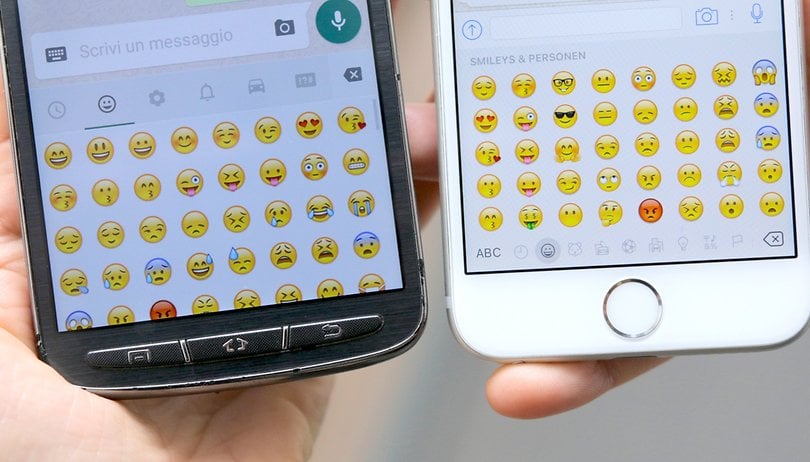

Emojis and how we use them are a subject of personal taste. Many people have their favorites, which they use happily and often. Others want to avoid them altogether. Even manufacturers have recognized this, and enjoy creating emojis for their smartphones. We examine why.
I recently changed my smartphone from a OnePlus 3 to a HTC U11. This new phone is great; fast and generally awesome. But one issue dampens my impression - the emojis. Along with other manufacturers like Samsung, HTC saw fit to adapt a line of emojis to their own taste. After owning several stock Android smartphones, I'd forgotten about this, and probably for a good reason. Compared to Google's emojis, and standard emojis used by WhatsApp and Apple, I don't find this particularly appealing.
Tastes can wildly differ
It's easy to argue over matters of taste. What looks nice to one person may be unappealing to another. Some emoji don't translate across cultures the same way. Who's to say that Google's interpretation of an emoji set has universal appeal? After all, it's practically impossible to cater for all tastes.
But why can't we all simply agree on a standard? Emojis are a personal matter. Over time we get used to them, including those from HTC and Samsung, and narrow down our favorites. Now I don't like the current selection from HTC at all, but if I wasn't aware that others existed, I'd likely feel different.
Not all emojis are available all the time
There's also another problem with this emoji mania. Not all emojis can be transferred between systems. There are gaps. Even with Android this is occasionally a problem, especially following an update of Apple/WhatsApp emojis. Here are certain new icons which are missing on Google, HTC, Samsung and other companies who create their own. What happens in this case? These emojis are simply not displayed, which can result in real miscommunication if a message isn't delivered in its original format.
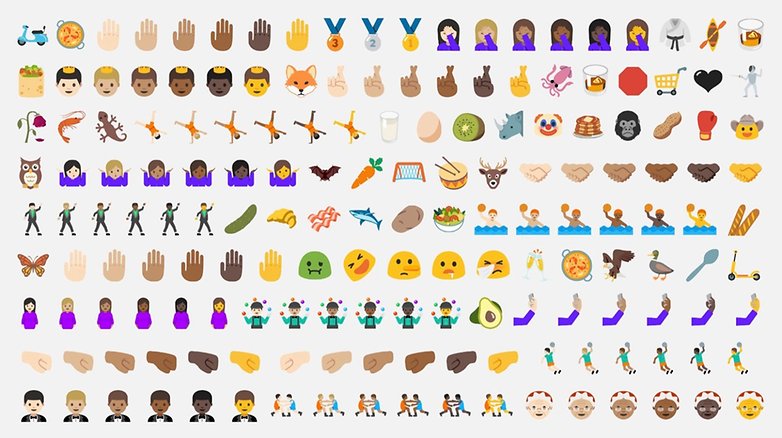
This problem is resolved in time, of course. Other emoji providers gradually step in and supply the missing icons. But this can sometimes take a very long time, meaning that you'll be without the newest emojis on your phone.
Meanings become distorted
The next problem we have with these various emojis is explained in our recent article. A single emoji can have multiple meanings depending on the language. With a lot of apps, emoji display depends on the system. This means that if I send a text message with an emoji from a Samsung smartphone to someone using a HTC, the recipient will not see the Samsung emoji. Thankfully this isn't the case with many apps such as WhatsApp. These use their own set of emojis which work regardless of the smartphone.
Even worse, some apps allow you to use keyboard emojis from the OS which aren't native to the app. Although this looks more modest, the problem of being misunderstood rears its head once again.
Other people may be totally baffled by my frustration. If you don't approach this topic at all, you could easily get annoyed and lose oversight.
Google has a solution, right?
Google appears to have recognized this problem and Android O bears a focus on emojis. For one, there'll be completely new emojis, with the old favorites going into retirement. At the beginning I wasn't a huge fan of emojis, but I since consider them part of the Android experience. The new ones should reduce miscommunication and look more modern. But that's a matter of taste, and I don't want to complain.
With Android O, Google has another small but possibly decisive trick up its sleeve. It'll be possible to swap out emojis entirely. For example, if you don't like the HTC emojis any more, you can simply replace them with your favorite ones instead. We'll explain how this works in more detail once the Android O is available.
In itself, this could be a genius idea. For one, my motivation to write this article would be a thing of the past. But in terms of meanings being distorted, this idea could actually make it worse. Icon packs are enjoying certain popularity, and something similar would likely happen with Emoji packs. The diversity would increase greatly.
What do you think? Would you welcome a move towards a standard emoji type? Or am I crazy? Let's discuss in the comment section!
And finally, do tell us what your favorite emojis are:






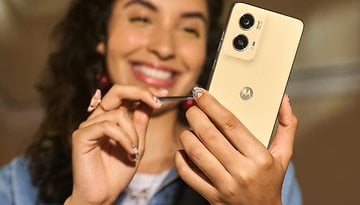
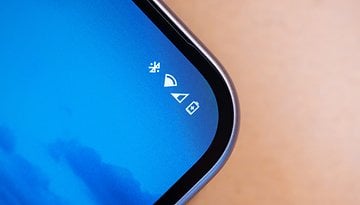
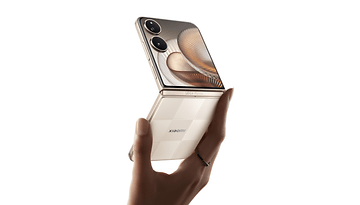
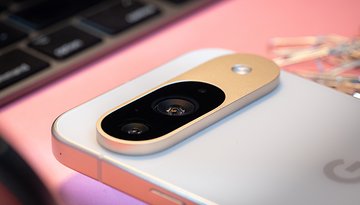
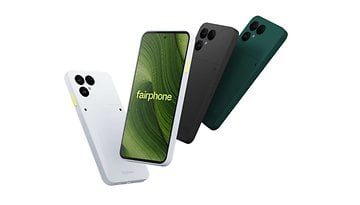


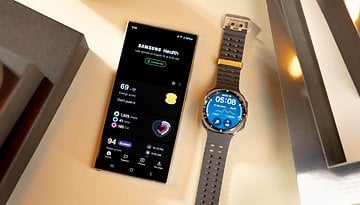
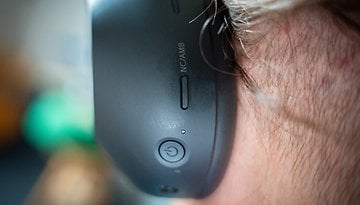

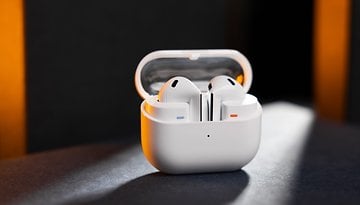



A standard set of emojis would certainly make it easier to communicate, but a simpler solution is not to use emojis. Just saying.